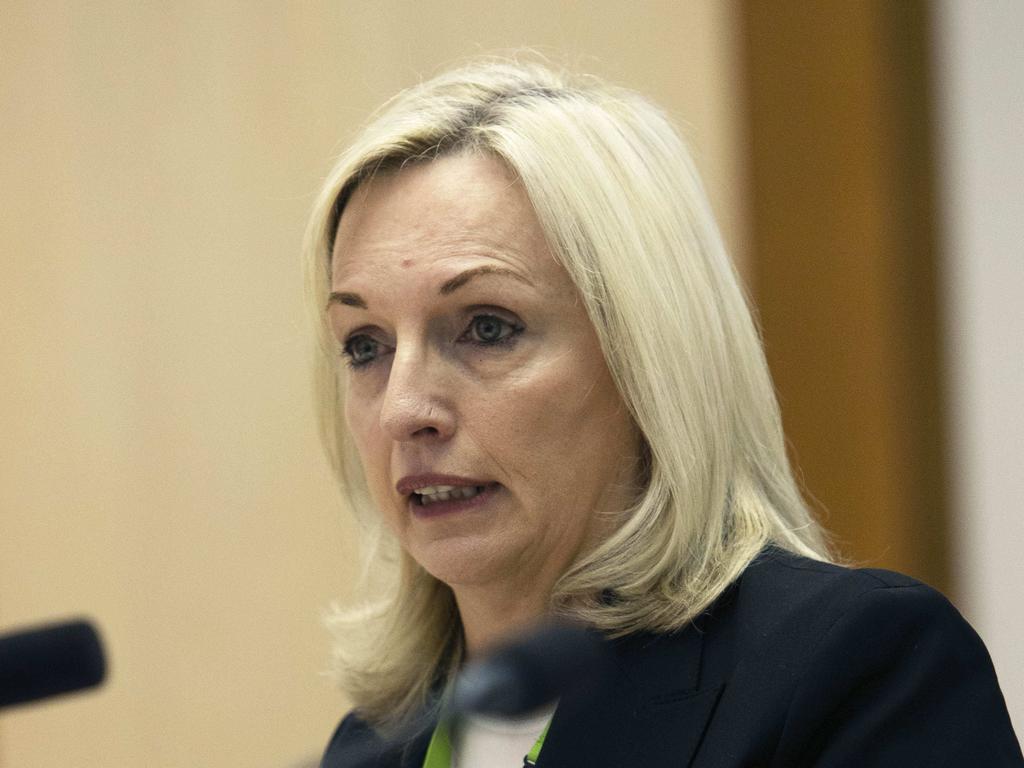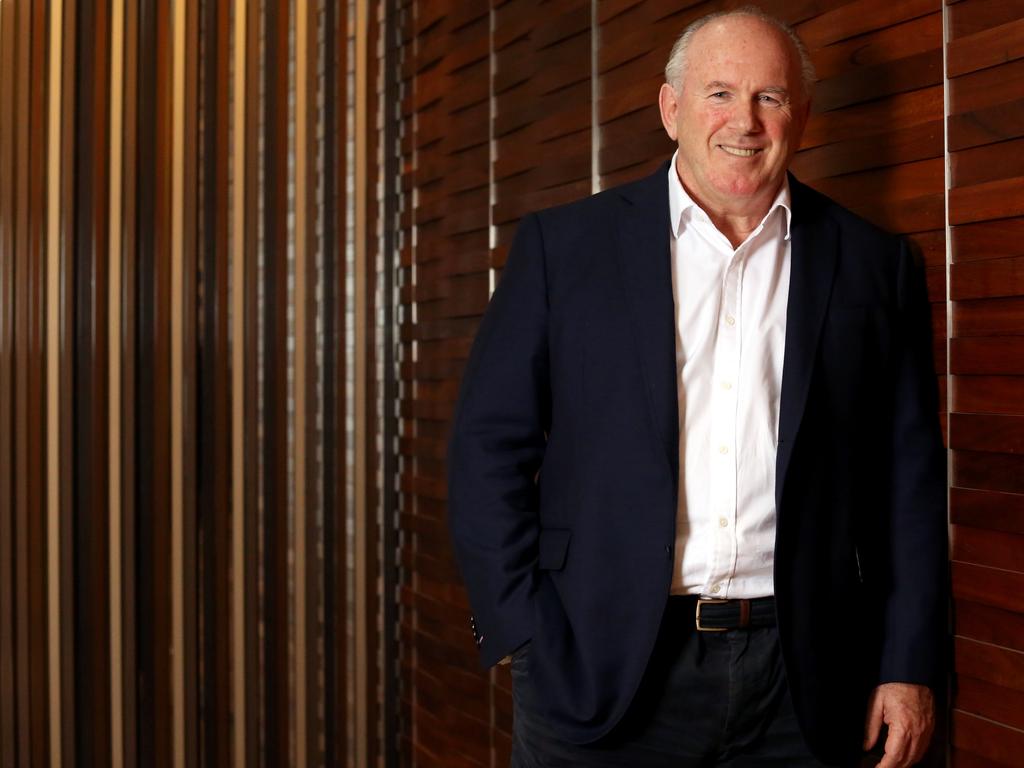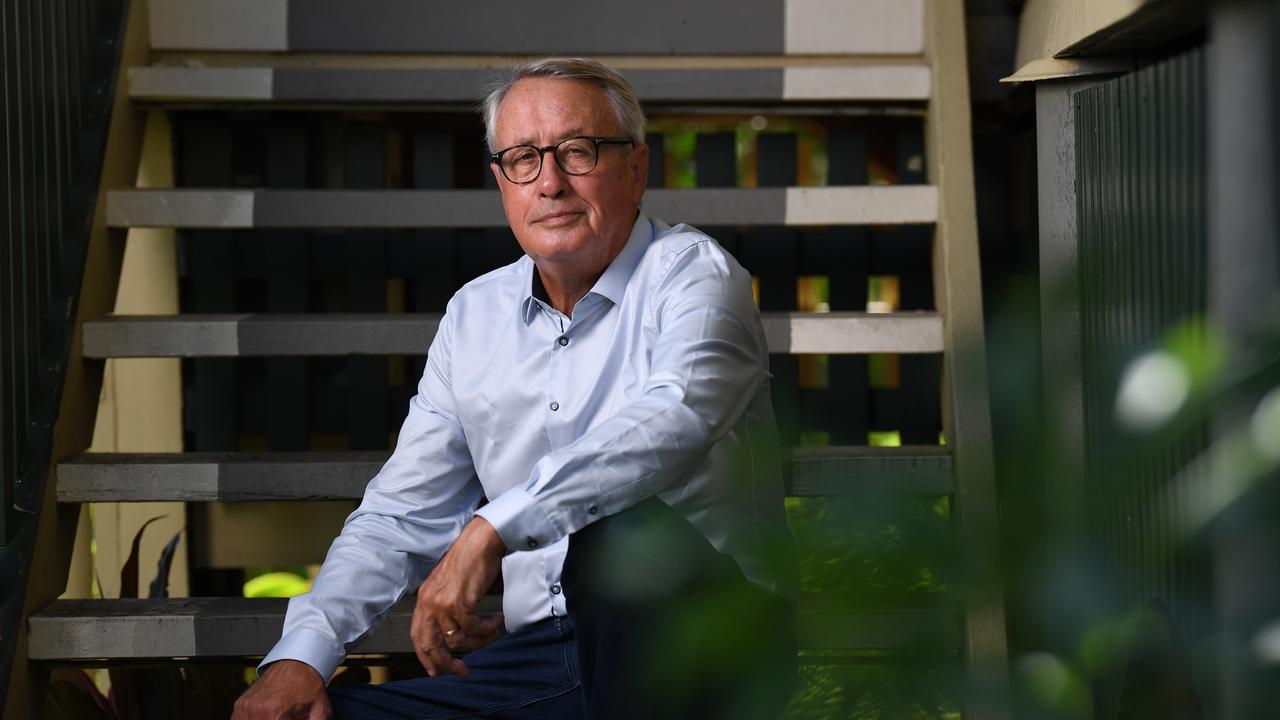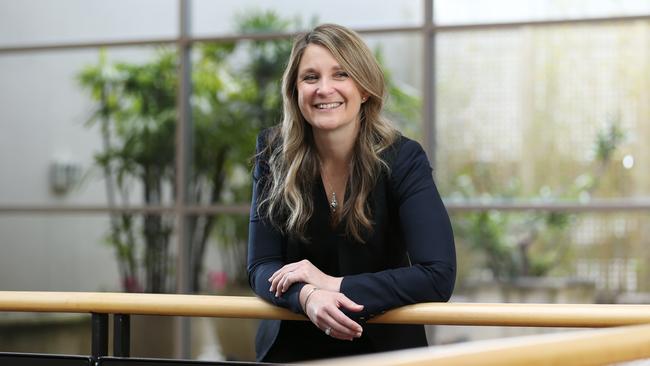
If Prime Minister Scott Morrison is true to his word then the next people to go from Australia Post will be chair Lucio Di Bartolomeo and his board in a complete revamp of the organisation’s governance arrangements.
Taxpayers deserve better governance of a multibillion-dollar logistics enterprise run by a bunch of political hacks.
In the 11 days since Morrison hit the roof about the $20,000 2018 gifts for work which earned Post another $220m, his ill-considered attack was matched by a failure in governance basics: the complete absence of her chair de Bartolomeo in public support for his chief executive.
His mealy-mouthed resignation note on Monday was notable for its lack of support for the work Christine Holgate had done.
As noted at the time, Holgate’s fate was sealed in a week of parliament in which the Morrison government was under fire for paying $30m for a Sydney property worth $3m.
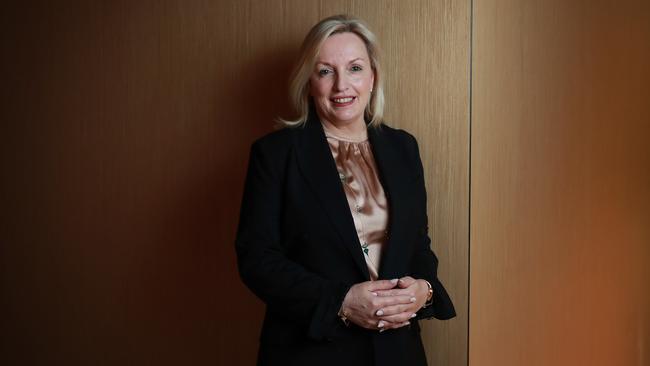
Both the Prime Minister and Communications Minister Paul Fletcher lost all perspective, especially given the fact that Holgate’s ill-considered gifts were formally approved by her then chair, former Telstra CFO John Stanhope.
In the intervening days Holgate wasn’t stood down because there was no legal basis to stand her down.
She took the time to sort out her affairs as a group of high-profile leaders, from former prime minister and one-time communications minister Malcolm Turnbull to AustralianSuper boss Ian Silk, came out strongly in her support.
Her time as Post boss has been a culture clash from day one but no one could question her performance or her commitment to the organisation, underlined by the mass support she has received from the post offices and the fact first-quarter revenue growth alone matched the total revenue for all of last year.
She was sunk on this affair from day one due to Morrison’s attack, but he now has the problem of what to do with Australia Post, starting with the need to install a professional board with the responsibility to appoint a long-time chief executive.
That will be no easy task given problems encountered by Holgate and other private sector transferees — ASIC’s James Shipton and Daniel Crennan — in recent weeks.
Westpac woes
Westpac’s Peter King was relatively upbeat on the COVID recovery but the reality is he needs every minute he can get in a weak economy to overcome the risk-plagued bank.
While everyone else is trying to overcome economic lockdowns, King is also trying to turn around a damaged ship, which among other problems is losing retail market share because it hit the conservative button too hard in the wake of the ASIC responsible lending challenge.
In King’s words, Westpac loan officers were asking too many questions, which slowed down the process.
While other members of the oligopoly are spending big on growth, King has to devote 47 per cent of his $1.7bn investment bill to risk and compliance issues.
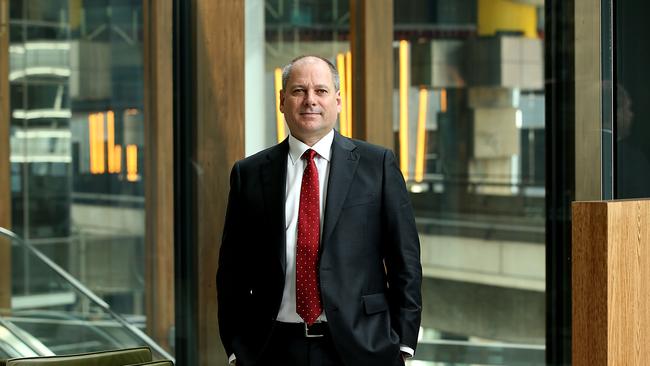
This compares with 23 per cent in 2016 compliance spending when 63 per cent was spent on growth, compared to just 39 per cent on growing the empire last year.
Maybe this explains why it has offered buy now, pay later operator Afterpay a sweetheart white label deposit deal.
The $1.3bn Austrac fine was just one element of a risk culture which King and chair John McFarlane acknowledge is in need of a major overhaul.
The good news is the cultural change is coming with the economy still subdued, as evidenced by the $10bn increase in business deposits over the last year against a $6bn fall in business lending. Businesses with money are putting it under the pillow and certainly not banging down the door looking for a business loan.
The bad news right now is the Australian economy is in a potentially false dawn, with a mass of government spending keeping personal income high and businesses afloat, but the real test will come in the middle of next year when the handouts are wound back.
If King is right then the calamity will not be as bad as feared, but the bank is still looking at another 3.5 per cent fall in business loans this year.
It‘s a long way from the bullish figures the ABA is releasing to talk up the banks.
The star division for Westpac was Treasury, which reported a $901m profit, up from $517m a year ago.
Westpac is reporting a 31c a share dividend, which is the maximum allowed under APRA rules aimed at ensuring the banks keep sufficient capital for any downturn.
The dividend payments of $1.1bn will be underwritten to the tune of $750m which means new shares are issued.
Shareholders will get their dividend but going forward earnings per share will be diluted.
Amaysim battle rages
The battle for mobile virtual network operator Amaysim is just getting started, with Optus trumpeting a deal to buy the Peter O’Connell-created mobile virtual network operator (MVNO).
O’Connell has again teamed up with Simon Mordant from Lumnis for this transaction, continuing a decades-long relationship.
Amaysim has used the Optus network since its creation in 2010 but the deal is due to expire in 2022 and Optus wanted to lock in the 1.2 million customers.
The deal shows Kelly Bayer Rosmarin has her foot firmly on the accelerator at Optus, buying Amaysim from O’Connell and a group of institutions for $250m.
This is the biggest purchase the Singtel-owned company has made in Australia since buying Vividwireless in 2012.
But the Optus deal can be viewed more as a line in the sand to see if other buyers might be interested, and while it is a recommended deal it is subject to a higher alternative bidder appearing like magic.
The deal is subject to shareholder approval in January, and notably one German fund which owns 20 per cent is yet to back it.
Optus wanted to keep this deal distinct from the energy sale to AGL earlier this year, so it is by way of an asset sale rather than straight takeover, which also means only 50 per cent approval is necessary.
Bayer Rosmarin has also established her own digital MVNO called GOMO to attract people who want the service without all the add-ons. The Optus boss is leveraging the $6.2bn predecessor Allen Lew invested in its mobile network but whether she wins the Amaysim prize remains to be seen.


